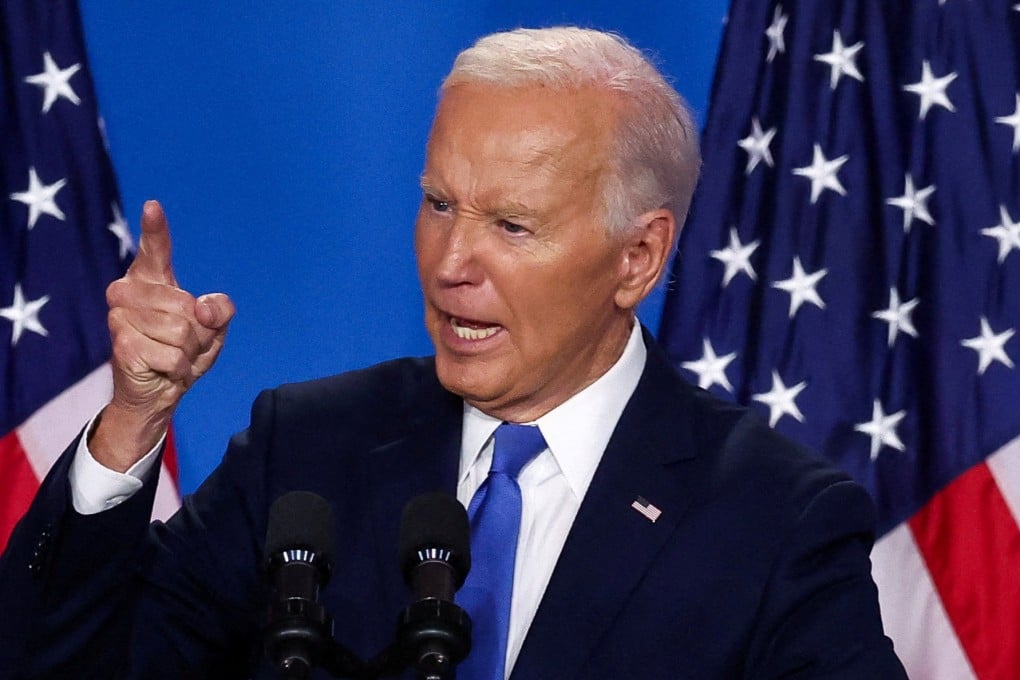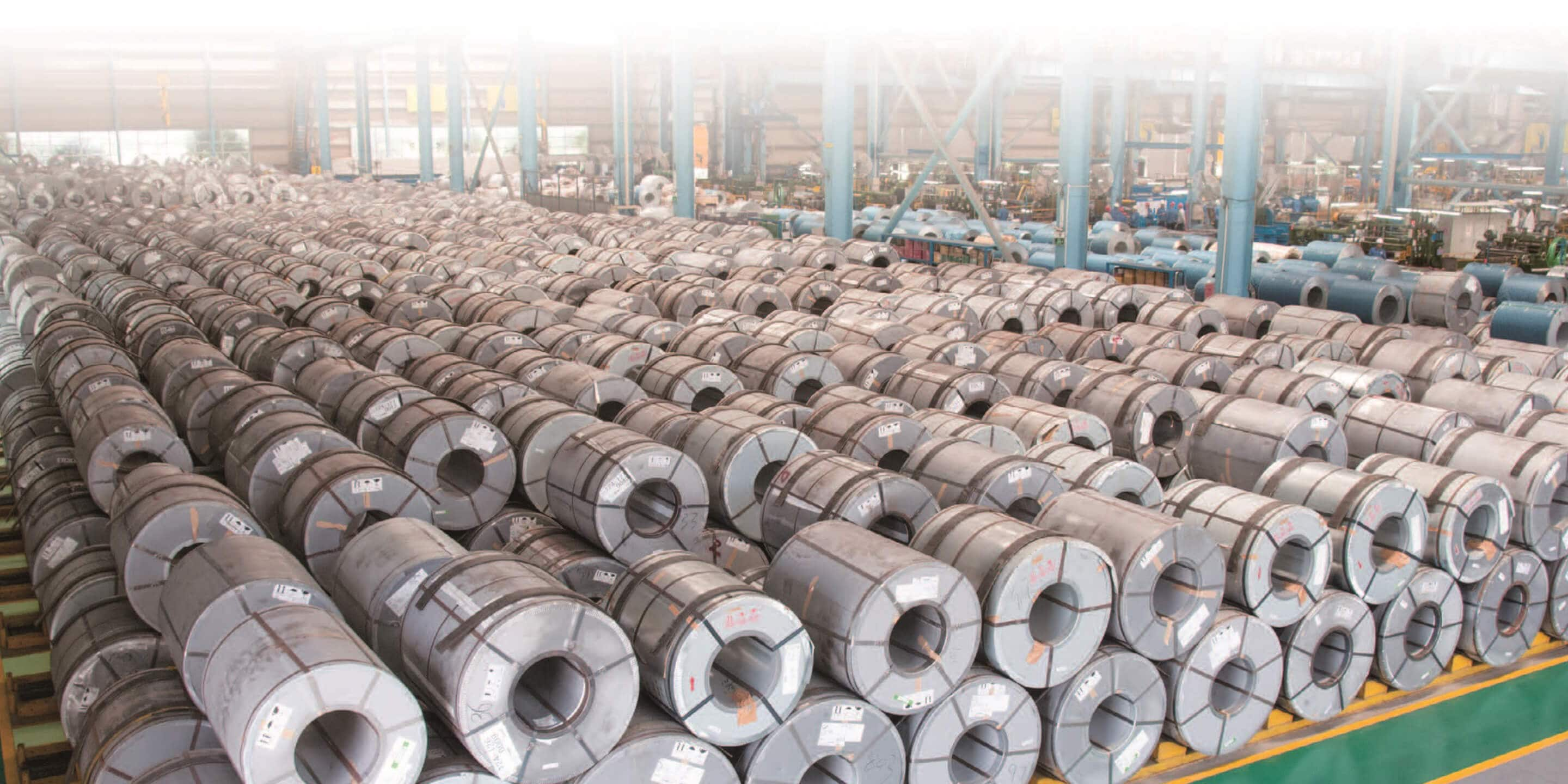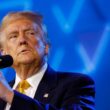Joe Biden Blocks Nippon Steel’s $14.1 Billion Takeover of US Steel: Strategic Interests and Economic Ramifications
The Biden administration’s recent decision to block Nippon Steel’s $14.1 billion bid to acquire US Steel has ignited a debate over the intersection of national security, economic priorities, and international trade. This high-profile move underscores the administration’s intent to safeguard critical domestic industries while balancing international alliances and trade relations.

The Bid That Shook the Steel Industry
In late 2024, Nippon Steel Corporation, one of the world’s largest steelmakers, announced its ambitious plan to acquire US Steel, an iconic American company with deep roots in the nation’s industrial history. The proposed $14.1 billion deal was poised to reshape the global steel landscape, bringing together advanced technologies and extensive market reach. The merger promised operational synergies, with Nippon Steel’s cutting-edge production techniques complementing US Steel’s extensive infrastructure.
For Nippon Steel, the acquisition represented a strategic opportunity to gain a foothold in the lucrative North American market. For US Steel, the deal offered a lifeline amid financial struggles and increasing competition from international players and alternative materials like aluminum and composites. However, the deal’s implications went far beyond corporate boardrooms, drawing scrutiny from policymakers and industry stakeholders.

Why the Biden Administration Intervened
President Joe Biden’s administration cited national security concerns as the primary reason for blocking the deal. The decision was grounded in the Defense Production Act (DPA) and other national security frameworks that prioritize maintaining domestic control over critical industries. Steel production is not just a commercial enterprise but a cornerstone of the United States’ defense and infrastructure capabilities.
Key concerns included:
- Defense Dependence: The steel industry is integral to producing military equipment, including tanks, ships, and aircraft. Allowing foreign control over US Steel could jeopardize the supply chain for defense contractors.
- Supply Chain Vulnerability: The COVID-19 pandemic highlighted vulnerabilities in global supply chains. Ensuring domestic production capabilities is a priority to mitigate future disruptions.
- Economic Sovereignty: The administration emphasized the need to prevent foreign entities from dominating industries critical to economic stability and job creation.
- Strategic Rivalries: While Japan is a key ally of the United States, the broader implications of allowing a foreign takeover raised concerns about setting a precedent for other nations, particularly adversaries, to pursue similar acquisitions.

Domestic Reactions: Support and Criticism
The administration’s decision has drawn mixed reactions from various stakeholders:
Supporters
- Union Leaders: Labor unions, including the United Steelworkers, applauded the move, viewing it as a victory for American workers. “This decision protects thousands of jobs and ensures that our steel industry remains American,” said Tom Conway, President of the United Steelworkers.
- Defense Advocates: National security experts endorsed the decision, arguing that maintaining domestic control over critical industries aligns with broader defense priorities.
- Economic Nationalists: Advocates of economic nationalism lauded the move as a step towards reducing foreign dependence and fostering domestic resilience.
Critics
- Business Leaders: Proponents of free trade and globalization criticized the decision, arguing that it undermines market efficiency and discourages foreign investment.
- Allied Governments: Some Japanese officials expressed disappointment, viewing the decision as inconsistent with the strong US-Japan alliance.
- Industry Analysts: Critics warned that blocking the deal could leave US Steel vulnerable to financial instability, potentially resulting in job losses and reduced competitiveness.

The Global Context
The steel industry has long been a battleground for geopolitical and economic competition. China, the world’s largest steel producer, has been a dominant player, often accused of flooding the market with subsidized steel. The Biden administration’s decision to block the Nippon Steel-US Steel deal can also be viewed as part of a broader strategy to counter Chinese influence in the global steel market.
Additionally, the decision reflects the administration’s broader trade policy, which seeks to balance globalization with domestic economic priorities. By prioritizing domestic control over critical industries, the Biden administration aims to create a more resilient economy capable of withstanding external shocks.

Economic Ramifications
Blocking the deal carries significant economic implications:
- Market Impact: The decision sent shockwaves through financial markets, with US Steel’s stock experiencing heightened volatility. Investors are now questioning the company’s future strategy and financial health.
- Investment Climate: The move may deter foreign investors from pursuing acquisitions in the United States, raising concerns about the country’s openness to international capital.
- Domestic Competitiveness: Without the infusion of capital and technology from Nippon Steel, US Steel faces challenges in modernizing its facilities and competing with more efficient global producers.
- Alliance Dynamics: While the US and Japan maintain strong ties, the decision could strain relations, particularly if Japanese companies perceive the US as an unreliable partner in business dealings.

The Future of US Steel
In the wake of the blocked deal, US Steel must chart a path forward. Potential strategies include:
- Domestic Partnerships: Partnering with American companies or seeking government support to modernize operations.
- Restructuring: Implementing cost-cutting measures and exploring niche markets to improve profitability.
- Technological Innovation: Investing in sustainable steel production methods, such as green steel, to differentiate from competitors and align with environmental goals.
Conclusion
The Biden administration’s decision to block Nippon Steel’s $14.1 billion takeover of US Steel highlights the complexities of balancing national security, economic priorities, and international trade relations. While the move aligns with broader goals of protecting critical industries and ensuring economic sovereignty, it also raises questions about the future of foreign investment and the global competitiveness of American industries.
As the steel industry navigates these challenges, the decision serves as a reminder of the intricate interplay between policy and commerce in a rapidly evolving global landscape. The outcome of this high-stakes decision will likely influence US trade and industrial policy for years to come.









